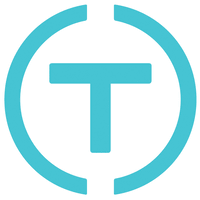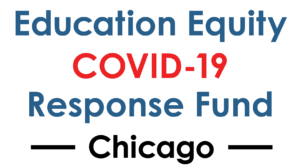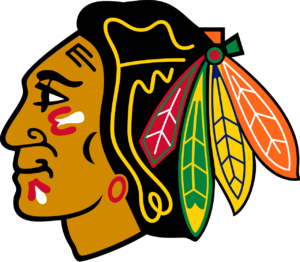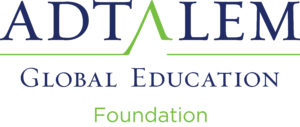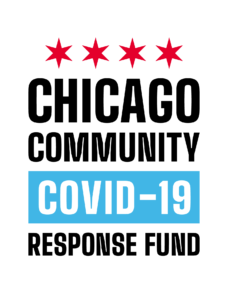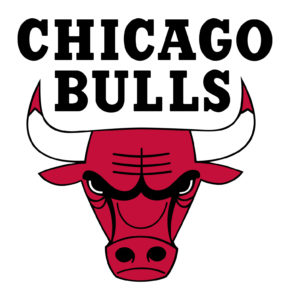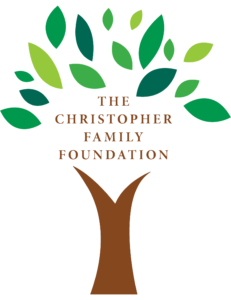Help us design a post-pandemic world where all youth can thrive.
The Chicago Design Challenge is a multi-year initiative to identify and invest in the city’s most promising innovations designed to accelerate learning recovery and well-being in communities disproportionately affected by the pandemic.
Donate today to help us continue to fight poverty with opportunity.
The challenge is awarding grants in two phases – planning and execution – and will fuel the design, measurement, and implementation of new approaches to supporting students. Program implementation should begin during the 2021-2022 school year.
The ultimate goal of the challenge is to elevate promising innovations to reach hundreds of thousands of students with the support of public funding over time.
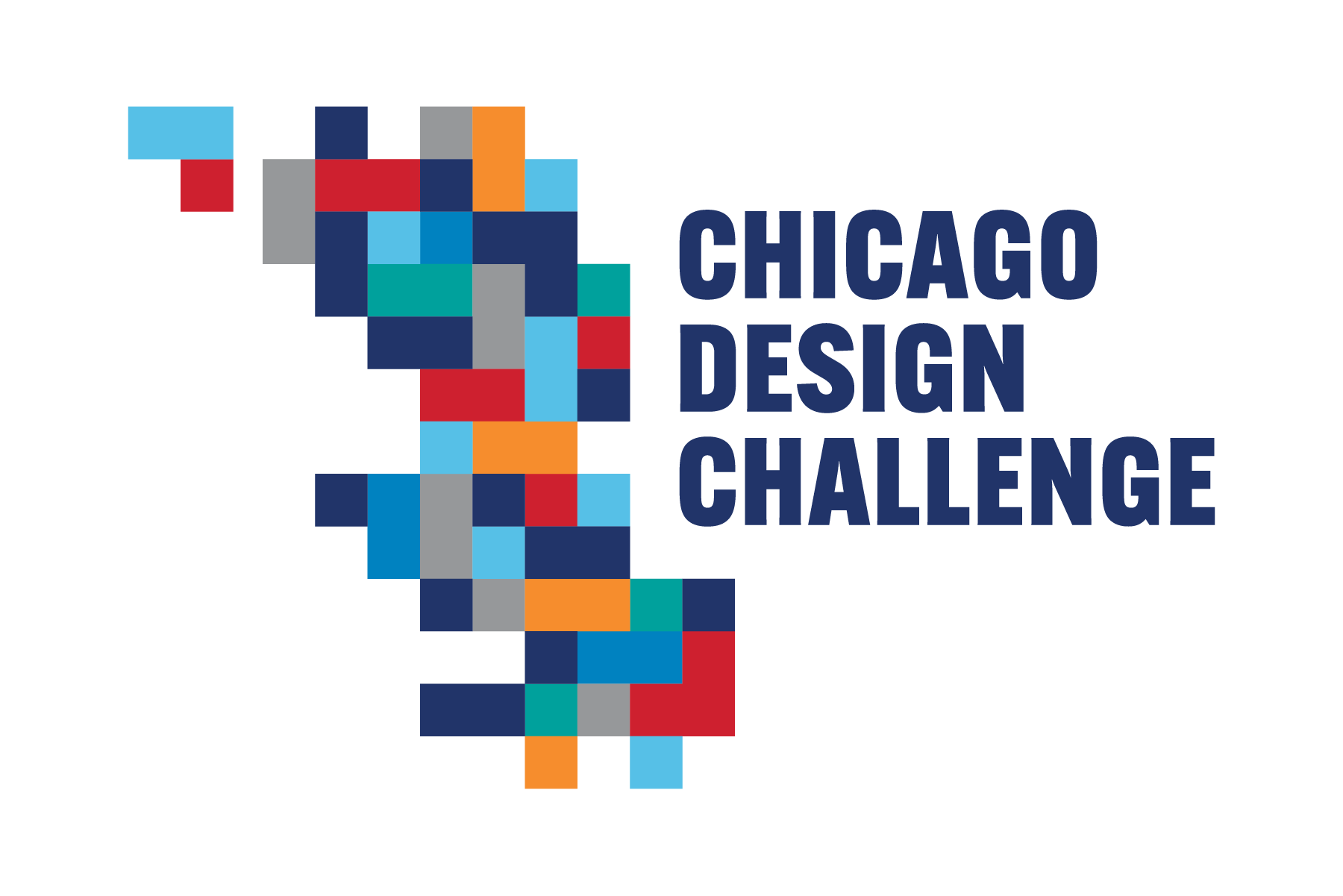
Chicago Design Challenge Grantees
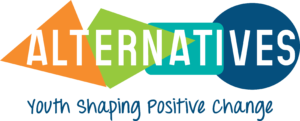 |
Alternative’s Inc. is designing trauma-informed learning environments through holistic supports for students and educators. |
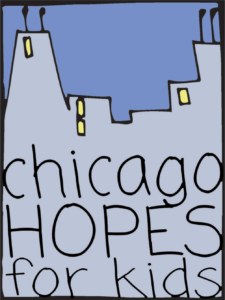 |
Chicago HOPES for Kids is designing comprehensive academic and social emotional support for middle schoolers experiencing homelessness. |
 |
Juvenile Protective Association (JPA) is designing a whole-school approach to mental health and social emotional well-being through teacher coaching and training. |
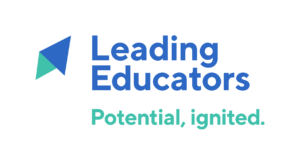 |
Leading Educators is designing whole-school support for math learning and social emotional well-being. |
 |
Lion’s Pride Mentoring Inc. is designing a peer mentoring approach that strengthens school and individual outcomes. |
 |
Roosevelt University is designing a city-wide tutoring corps to support early learners while building the next generation of educators. |
 |
VOCEL (Viewing our Children as Emerging Leaders) is designing professional learning communities to support the teachers of our earliest learners. |
The challenge is fueled by a powerful collaborative effort across sectors.
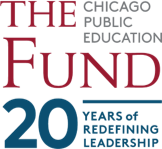



Our Investments
All of our grantees are leading innovations that serve the whole child with a combination of educational and social-emotional supports that are more critical now than ever before.
Learn More
Grants are being made to interventions supporting young people pre-K through high school that meet the criteria detailed in our guidance document. To learn more about the challenge, visit our FAQ page.
The Chicago Design Challenge is generously supported by the following donors:

